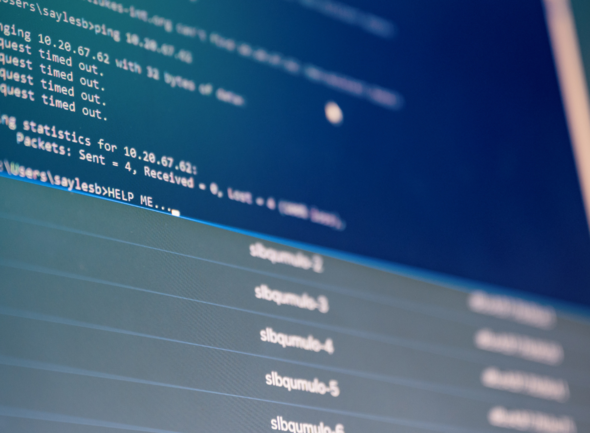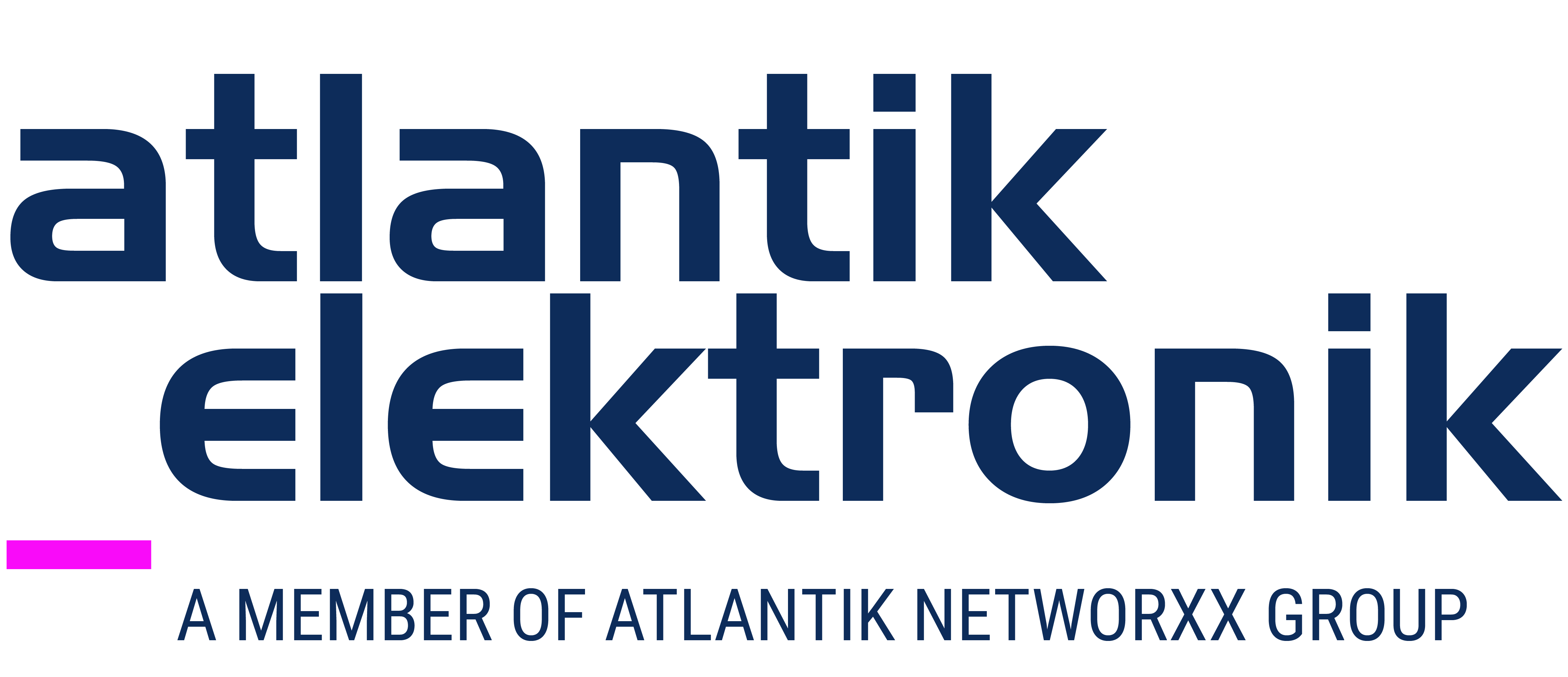Quectel’s Contribution to Product Safety and Trust Building
04. July 2025 | Planegg
RED Cybersecurity Certification: New EU requirements for wireless devices from August 2025
With the new RED Cybersecurity Certification (Radio Equipment Directive), the EU is imposing stricter requirements on product safety, especially for wireless communication in connected devices. From August 2025, this certification will become mandatory for many radio products. Device manufacturers wishing to sell their products within the EU must then demonstrate that their devices keep data and systems secure – from first use through to disposal.
RED Certification for Quectel 9x07 Platform: Setting standards for a security-first approach
Quectel is a pioneer in this field: in October 2024, the company was among the first manufacturers worldwide to receive RED certification for a module of the 9x07 platform – a clear signal of a security-first approach that delivers not only compliance but also genuine added value.
Focus on protection against threats and data privacy measures
The RED certification requires robust protective measures against security threats and emerging risks. Quectel addresses these with a holistic security concept based, among others, on EN 18031 and ETSI EN 303 645. Measures range from data protection for device use, storage, and transmission to regular security updates and continuous penetration testing. These effectively and sustainably protect IoT devices – regardless of their operating environment.
Transparency as a foundation: Transparency reports and external security firms
A central element of Quectel’s security strategy is transparency. The company publishes comprehensive transparency reports, SBOMs (Software Bill of Materials), and VEX documentation. These provide insights into vulnerabilities, response times, and actions taken.Collaboration with external security firms underlines the independence and professionalism of this approach – helping to identify new threats early and close security gaps effectively.
Trusted, secure connectivity for future-proof IoT implementations
Quectel’s modular platforms create trusted, secure connectivity for every application – whether Industry 4.0, smart cities, or the automotive sector. RED certification offers device manufacturers a concrete advantage: faster market approval, reduced legal risks, and a clearly documented security architecture.The combination of future-proof solutions, trust-building, and stringent protection against threats makes Quectel a reliable partner for all those who want not only to build IoT implementations but also to operate them securely.
With its pioneering role in RED cybersecurity certification, Quectel demonstrates how consistent product safety, transparency, and data protection strengthen trust in connected systems – for a safe and sustainable future of wireless communication.

FAQ: RED CYBER SAFETY CERTIFICATION
THE MOST IMPORTANT INFORMATION
1. What new requirements does the RED cybersecurity certification impose on wireless devices from August 2025, and why is it relevant for device manufacturers in the EU?
From August 2025, the EU’s RED Cybersecurity Certification (Radio Equipment Directive) requires manufacturers of wireless devices to demonstrate comprehensive protection of data and systems throughout the entire product lifecycle. This particularly concerns connected devices using radio technologies. The aim is to proactively minimise security risks from cyber threats and consistently implement data protection measures. Compliance with these requirements is mandatory for device manufacturers to continue marketing their products within the EU. Companies benefit from faster market approval, reduced legal risks, and a clearly documented security architecture.
2. How does Quectel contribute to product safety and trust building with the RED certification of its 9x07 platform?
As one of the first manufacturers worldwide, Quectel sets new standards with RED certification for a module of the 9x07 platform, adopting a security-first approach. The company implements a holistic security concept based on international standards such as EN 18031 and ETSI EN 303 645. Measures include data protection for use, storage, and transmission, regular security updates, and continuous penetration testing. By publishing transparency reports, SBOMs, and VEX documentation, and collaborating with external security firms, Quectel ensures high transparency and independent verification of security measures. This comprehensive strategy strengthens customer trust in the security of connected systems and promotes sustainable use of IoT solutions.
3. What concrete benefits does the RED cybersecurity certification offer to device manufacturers and their customers?
The RED cybersecurity certification offers several key benefits to device manufacturers: it enables faster and smoother market approval within the EU by demonstrating compliance with legal requirements. It also reduces legal risks by implementing protection measures against current and future cyber threats. For customers, this means demonstrably higher product safety, transparent information about security measures, and a future-proof foundation for IoT implementations – from Industry 4.0 and smart cities to the automotive industry. Quectel’s consistent implementation of RED requirements underlines its role as a reliable partner for secure and trustworthy wireless communication.

